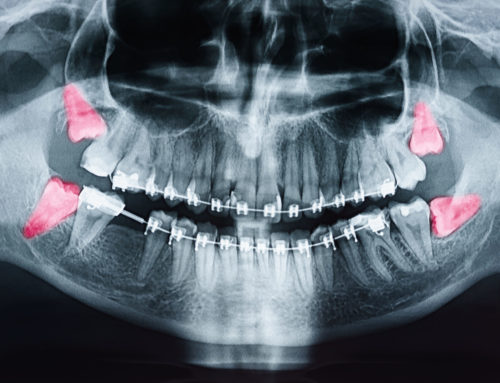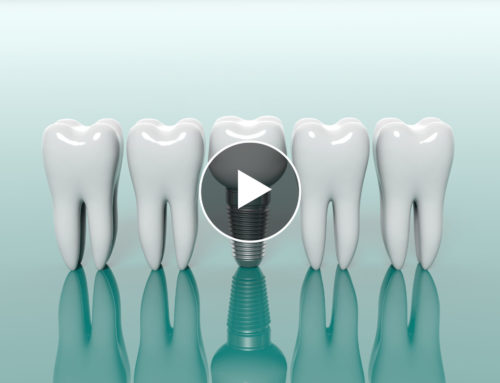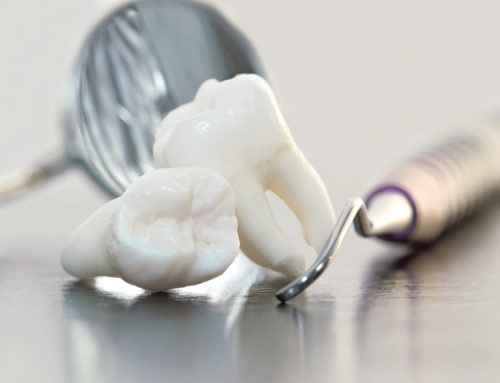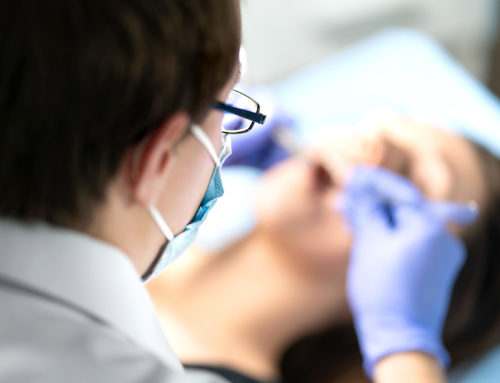 There are a variety of reasons why you might need a tooth extraction, and for more complicated issues, surgery may be required. Surgical extractions are most common for the wisdom teeth or for teeth that have been severely broken.
There are a variety of reasons why you might need a tooth extraction, and for more complicated issues, surgery may be required. Surgical extractions are most common for the wisdom teeth or for teeth that have been severely broken.
While surgery is a serious procedure, aftercare is just as important. By properly caring for your teeth after your procedure, you can speed up the healing process, so keep the following tips in mind:
- Don’t lay flat on your back. You should keep your head elevated while you are resting in order to minimize bleeding.
- Use pressure to control bleeding. Your doctor will place gauze on the surgical site, and you should keep pressure on it by biting down gently. If the gauze dries out, dampen it before putting it back into place. Change the gauze if needed, and keep pressure consistent until the bleeding lessons.
- Use a saltwater rinse. About 48 hours after your surgery, you can begin to rinse your mouth out with warm saltwater. This is a better option than mouthwash, as alcohol can cause irritation in the wound and can also dry out your mouth.
- Keep your mouth clean. About 24 hours after your procedure you’ll be able to start brushing, but take care to avoid the surgical site and your stitches.
- Take pain control efforts. If you are prescribed pain killers, take them as prescribed. If you experience any swelling, itching, or other adverse side effects, stop taking the medications and call your surgeon.
- Keep your diet in mind. Eat soft foods immediately after your surgery, and try to choose items that are high in protein in order to help with the healing process.
If you have questions or are concerned that your mouth isn’t healing as expected after your extraction, contact our office for guidance.





